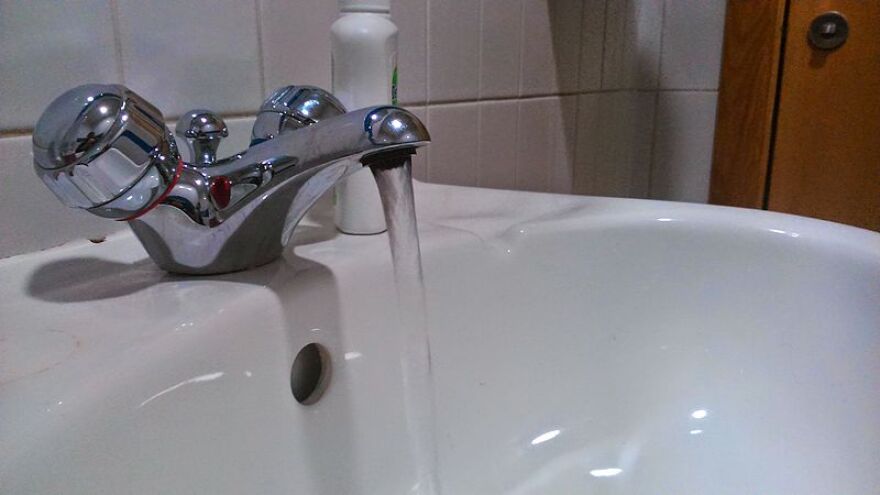Updated at 4:30 p.m., Aug. 7, 2023
Most private wells in the United States are not tested for contaminants. In North Carolina, more households rely on private wells as a main source of drinking water than in any other state in the country.
A new finds significant disparities between households that test and treat drinking water from their private wells.
“Although we found alarming levels of well water contamination in our study, what’s most troubling is that not everyone was equally aware of the problem,” said Andrew George, community engagement coordinator in the Center for Public Engagement at UNC’s Institute for the Environment and lead .
Four-hundred and seventy-six private well users enrolled in this study that focused on Robeson, Northampton, Chatham and New Hanover counties. More than 67% of wells tested in the study exceeded a federal or state drinking water standard. The level of contamination did not differ between income and racial groups.
However, researchers did find that white, affluent households had 10 times greater odds of testing their wells and four times greater odds of treating their water than low-income, Black, Indigenous and other People of Color (BIPOC) households.
"Contamination is generally equally distributed across the state. That distribution of chemicals and contamination might be random, but the people who are testing and trying to understand their potential exposure is not random," said George. "While there might be equal distribution of the contamination, there is not an equal understanding of the problem."
This lack of testing and treatment may lead to low-income, BIPOC households experiencing a disproportionate burden of exposure to dangerous contaminants. Consuming contaminated water over time can cause several health issues, including cancer and neurological disorders.
"When you look at economically and socially marginalized populations, often you see disparities in health outcomes," said Kathleen Gray, study co-author and research associate professor in the UNC Institute for the Environment. "Now, we have information that suggests [these] populations are not finding out about potential exposure to contaminants in their drinking water. So it's just another kind of potential health burden."
The study enlisted the support of community-based organizations and neighborhood leaders. These groups helped recruit study participants. George calls this method "Community Engaged Research."
"We were able to get a good sample of participants that reflect ... North Carolina well users," George said. "Most studies before ours have never really looked at race. And that's largely because they weren't able to recruit the right kind of sample.
"So, we were the first ones that really brought a good representative sample together with our partners. And because of that, now, we can actually look at these patterns. And that's where we're starting to see this first kind of glaring disparity with testing rates and treatment."
This study can help inform policy solutions. Both Gray and George say low-income, BIPOC households need more education about testing and treating private wells; these households also need better access to resources.
"We now know that there's work to be done in terms of letting well users know that they should test their wells," said Gray. "We may need to provide economic support to enable people to test their wells. And then following testing, there [also] needs to be economic support for treatment [of contaminated water]."
Correction: Through an editing failure, the original version of this story mischaracterized the study’s data. The story has been updated to more clearly reflect study results.








